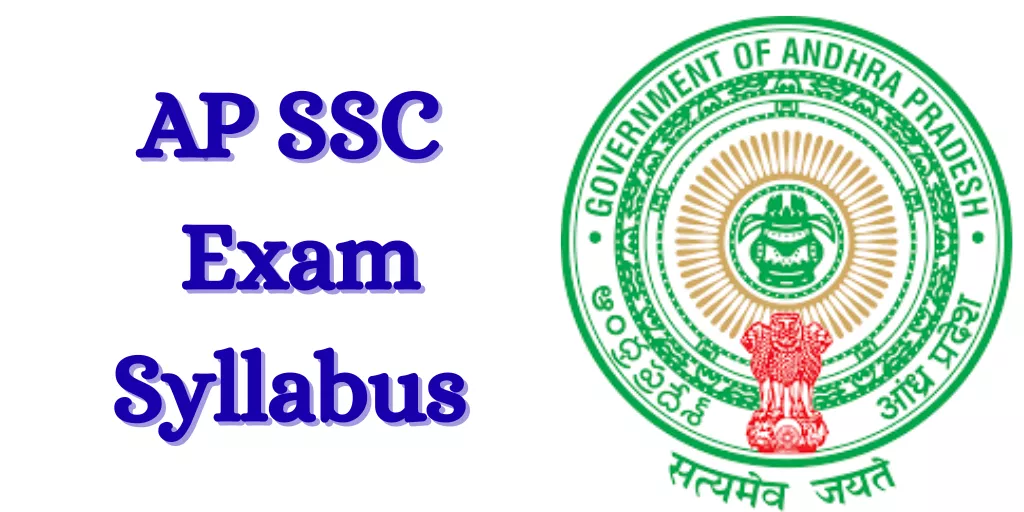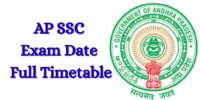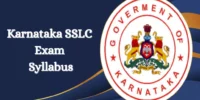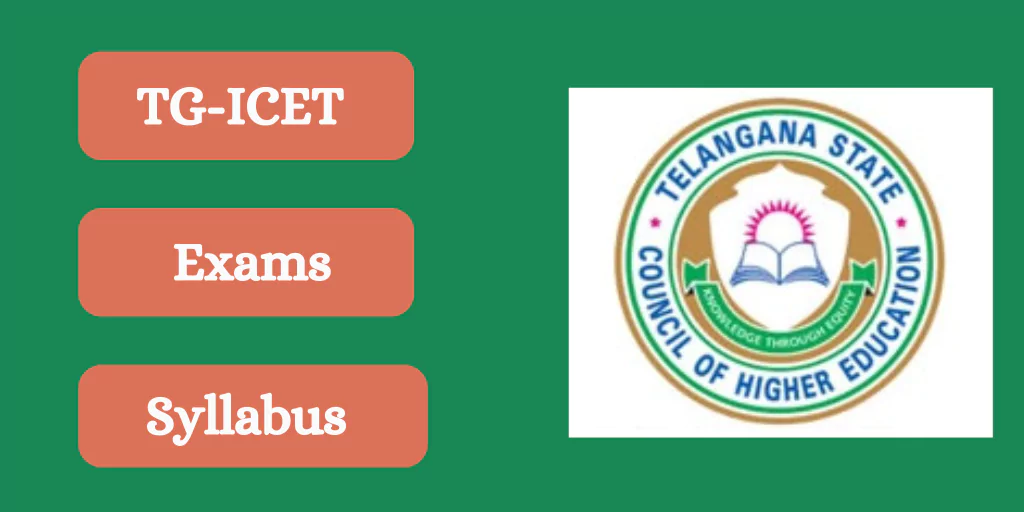The Board of Secondary Education, Andhra Pradesh (BSEAP) has released the AP SSC syllabus for the Class 10 board examinations for the academic year 2025-26. For students, parents, and teachers alike, having clear knowledge of the AP SSC syllabus is the first key step to organised preparation and success in the board exam.
In this blog post, we break down:
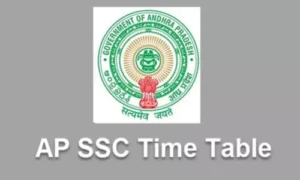
- How to download the syllabus.
- Subject-wise overview of topics for 2025-26.
- The new exam pattern.
- How you should use the syllabus strategically.
- Effective preparation tips tailored for Class 10.
How to Download the Syllabus
1. Visit the official website of BSEAP at bse.ap.gov.in
2. Look for the link labelled “AP SSC Syllabus 2025-26”.
3. Click and download the PDF to your device; save it for quick reference during preparation.
Subject-Wise Overview of Syllabus for 2025-26

Here’s a summary of the major subjects of the Class 10 SSC examination and their key themes as listed by BSEAP:
1. English
- Focus areas: Reading comprehension passages (about 650 words each)
- Writing tasks: Short compositions (50 words), notices, messages, telegrams.
- Grammar: Tenses (present, past, perfect, continuous, future reference), active/passive voice, connectors, phrase/clause types, indirect speech.
- Literature: Poems, prose, drama texts — typically two RTC questions from poems, one or two questions from drama, one extended question from prose.
2. Mathematics
Some of the prominent topics listed include:
- Quadratic expressions, partial fractions, theory of equations.
- Exponential & logarithmic series, matrices, probability, permutations & combinations, binomial theorem.
3. General Science
Comprising Physics, Chemistry, and Biology:
- Physics: Heat, reflection & refraction of light, the human eye, electric current, electromagnetism.
- Chemistry: Classification of elements (periodic table), chemical bonding, some metallurgy principles, carbon and its compounds, acids/bases/salts, and structure of atoms.
- Biology: Nutrition, respiration, transportation, excretion, coordination in life processes, reproduction, heredity, environment & natural resources.
4. Social Science
Key areas include:
- Geography: Special industries, transport, resources, and natural disasters.
- History: First struggle for freedom, important events of Indian independence.
- Civics: Kashmir issue, India’s relations with neighbouring countries, federal system.
- Economics: Ancient & modern concepts of economic development, service sector, consumer awareness, issues of population, unemployment, communalism, and drug addiction.
5. Hindi (Second Language)
Some of the chapters listed include:
- Baraste Badal Hum Bharatwasi; Lokgeet; International Hindi; Bhakti Pad; Kan-Kan Ka Adhikari; Dakshini Ganga Godavari; Niti ke Dohe; Jal hi Jeevan Hai; Dharti ke Sawaal, Antariksha ke Jawaab.
New Exam Pattern for AP SSC 2025-26
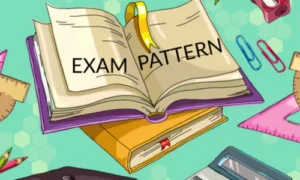
Understanding the exam pattern helps you allocate your study time wisely and set realistic goals.
- Maximum marks per paper: 100
- Duration: 3 hours
- No negative marking
- Qualifying marks: 35 % in each subject.
How to Use the Syllabus Effectively

Here is a proposed approach:
- Create a topic map by listing all chapters and sub-topics for each subject in the PDF syllabus.
- Prioritise: Determine which topics you excel at, which you struggle with, and which are more important (based on previous papers).
- Create a timetable: Allocate time to each subject and chapter. Make sure you cover the entire course at least one month before the exams, as this will allow you plenty of review time.
- Daily study and revision: Take short notes while learning, summarising significant concepts, formulas, and terminology’s meanings. Use these for fast reviews later.
- Practice papers: Once you’ve completed the course, use model papers and previous year’s question papers to put your knowledge to the test.
- Health and routine: Getting enough sleep, eating well, and taking regular breaks all help you stay focused. The page especially encourages pupils to stay hydrated and rejuvenated.
Benefits of Following the Syllabus Closely
- You get clarity on exactly what topics you need to learn – no surprises.
- It helps you determine how much time to spend on each topic (easy vs challenging ones).
- Being aligned with the official syllabus means your study plan will be organised and efficient, boosting your chances of scoring well.
Conclusion
Students preparing for the Class 10 board exams under BSEAP will benefit from having the most recent syllabus for 2025-26. Understanding what to study, how to study, and how to arrange your preparation will allow you to approach the exam with confidence.
Remember to cover the entire curriculum, revise on a regular basis, practice under exam conditions, and maintain good health. Best of luck with your preparations!


